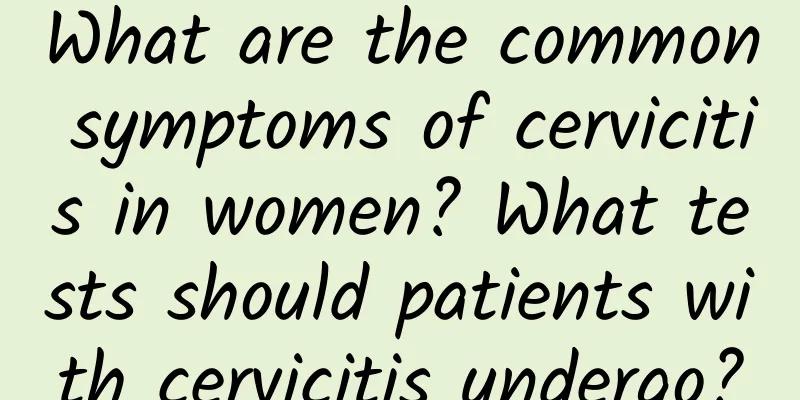Dietary taboos for congenital absence of vagina

|
What are the dietary taboos for congenital vaginal agenesis? This is a problem that all patients worry about after treatment or surgery. They are afraid that eating the wrong things will lead to the birth of several other gynecological diseases, or cause the recurrence of the disease that has been cured. All women feel very confused about this. So what exactly are the things that patients with congenital imperfection of genitals cannot eat after surgery? Let me introduce them to you below. Dietary taboos for congenital impotence 1. Patients should not eat too much difficult-to-digest food after surgery, because the patient is weak and rapid recovery is the most important thing. Therefore, they should take food with a variety of nutritional combinations. 2. Avoid eating raw, cold, greasy, fried, pickled, or smoked food. Also avoid eating too much spicy or other irritating food. 3. Avoid irritating foods. Although you have recovered well two weeks after the operation, your body's resistance is still very weak during this period, and the risk of inflammation still exists. Therefore, you must avoid irritating foods, such as mutton, fish, shrimp, beef, dog meat, etc. |
<<: What foods can patients with congenital vaginal agenesis eat?
>>: What should I pay attention to when I eat without vagina?
Recommend
The most common cause of dysmenorrhea
Dysmenorrhea mainly occurs during the menstrual c...
Key points for the care of uterine fibroids: hormone supplementation for menopausal uterine fibroids
How should we take care of uterine fibroids in ou...
What to do if there is cervical erosion during induction of labor
When women need an abortion when they are unexpec...
How much do you know about the treatment of female vulvar leukoplakia?
How much do you know about the treatment of femal...
Are ovarian cysts and uterine fibroids the same disease? What are their characteristics?
Are ovarian cysts and uterine fibroids the same d...
How to treat pelvic effusion after gastric cancer surgery
Pelvic effusion after gastric cancer surgery is a...
Abnormalities of hyperplastic vulvar leukoplakia at different stages
The cause of vulvar leukoplakia is quite complica...
If you have cold hands and feet, is beef the best way to supplement iron? Iron content in internal organs is surprising...
In winter, many women have cold hands and feet, a...
There are several types of abnormal leucorrhea
Abnormal leucorrhea is usually divided into physi...
How to diagnose ovarian cysts
How to diagnose ovarian cysts? We need to grasp t...
How long after an abortion can I wear a belly-slimming pants?
You can wear tummy-control pants about a week aft...
The key to weight loss: ignite your metabolism and avoid these 5 landmine foods
Why do some people find it so difficult to lose w...
Can a cervical cyst turn into cancer?
Can a cervical cyst turn into cancer? Cervical na...
Teach you a few tricks to stay away from cervical erosion
Cervical erosion is a very common gynecological d...
The best time for medical abortion is within 7 weeks of discovery of pregnancy
After discovering that they are unexpectedly preg...









